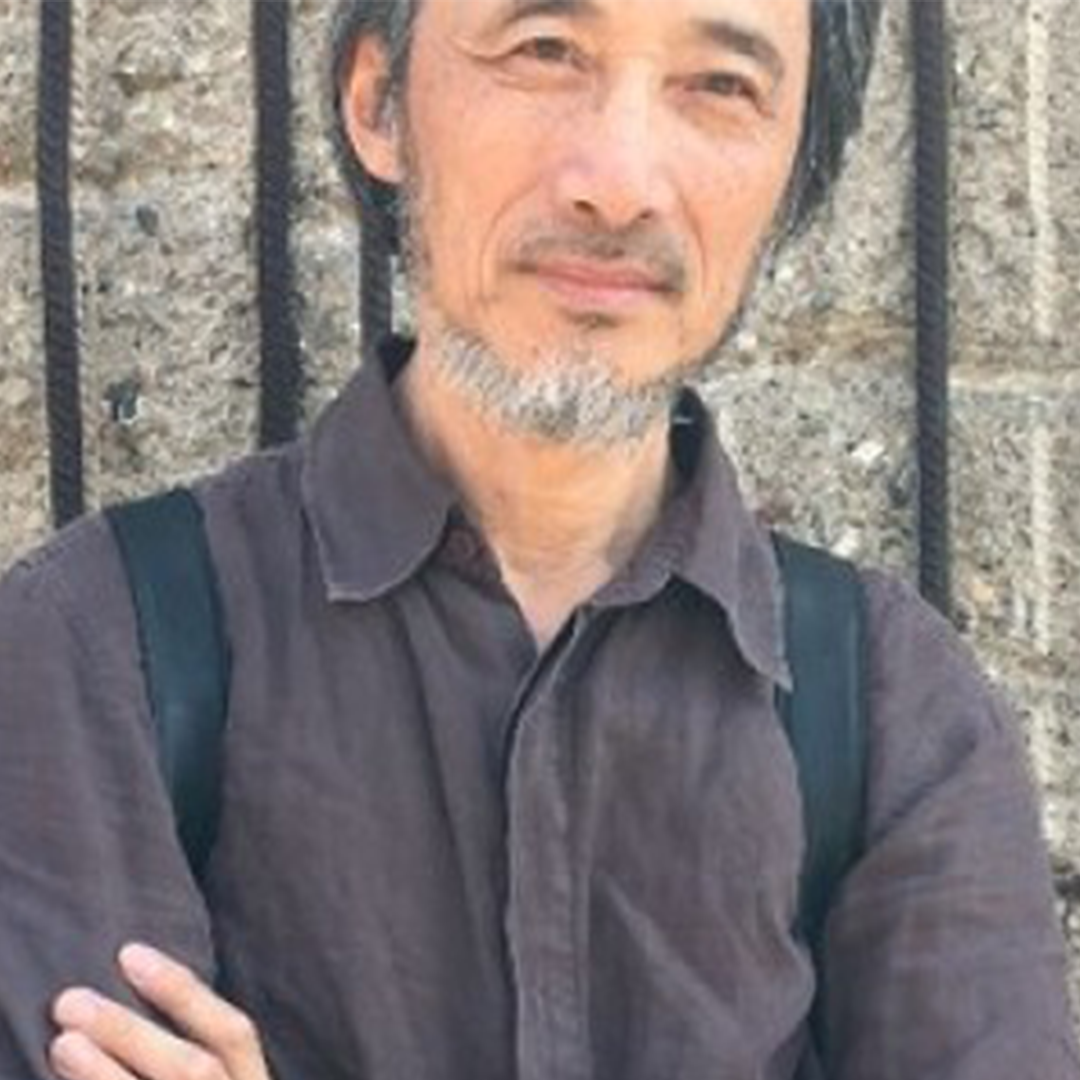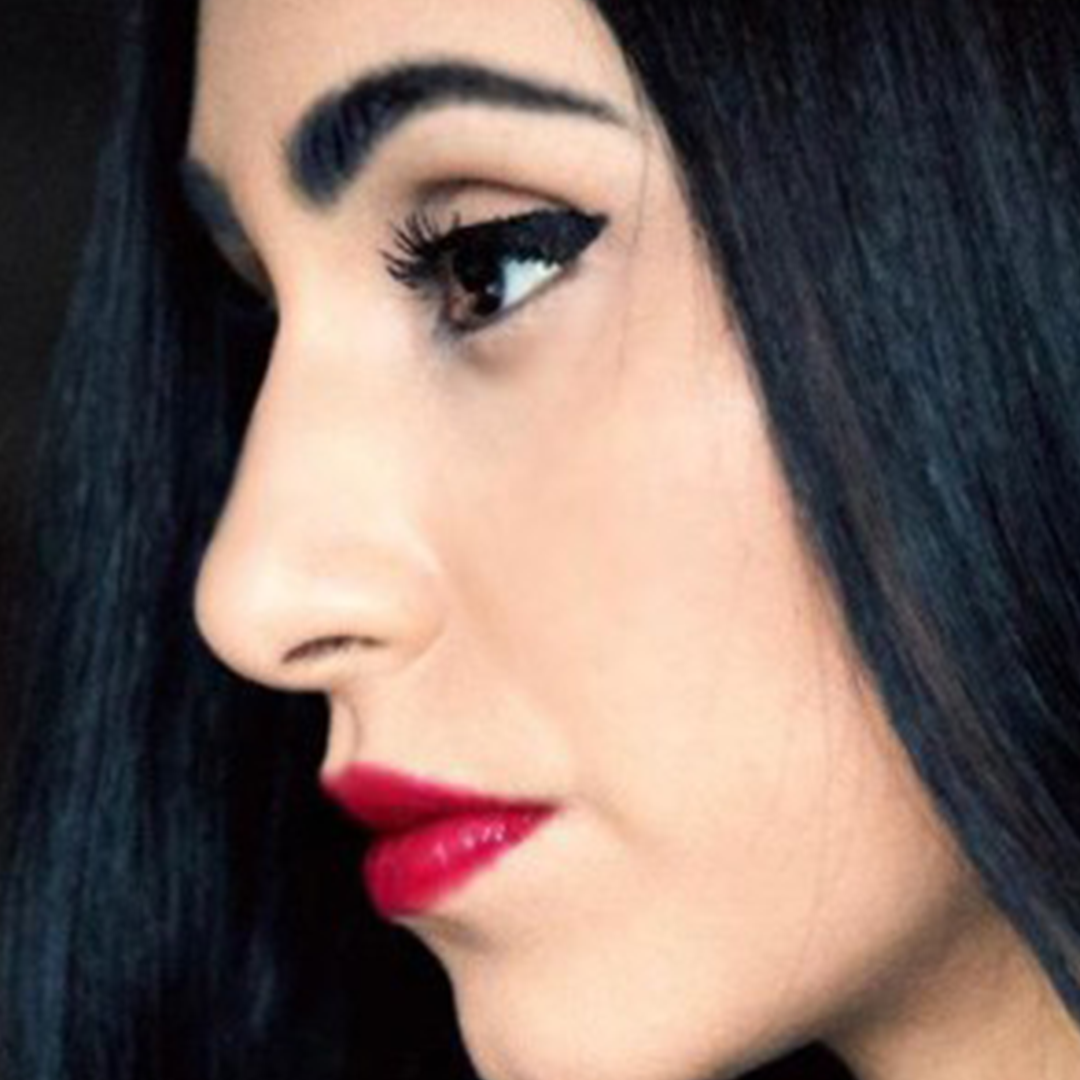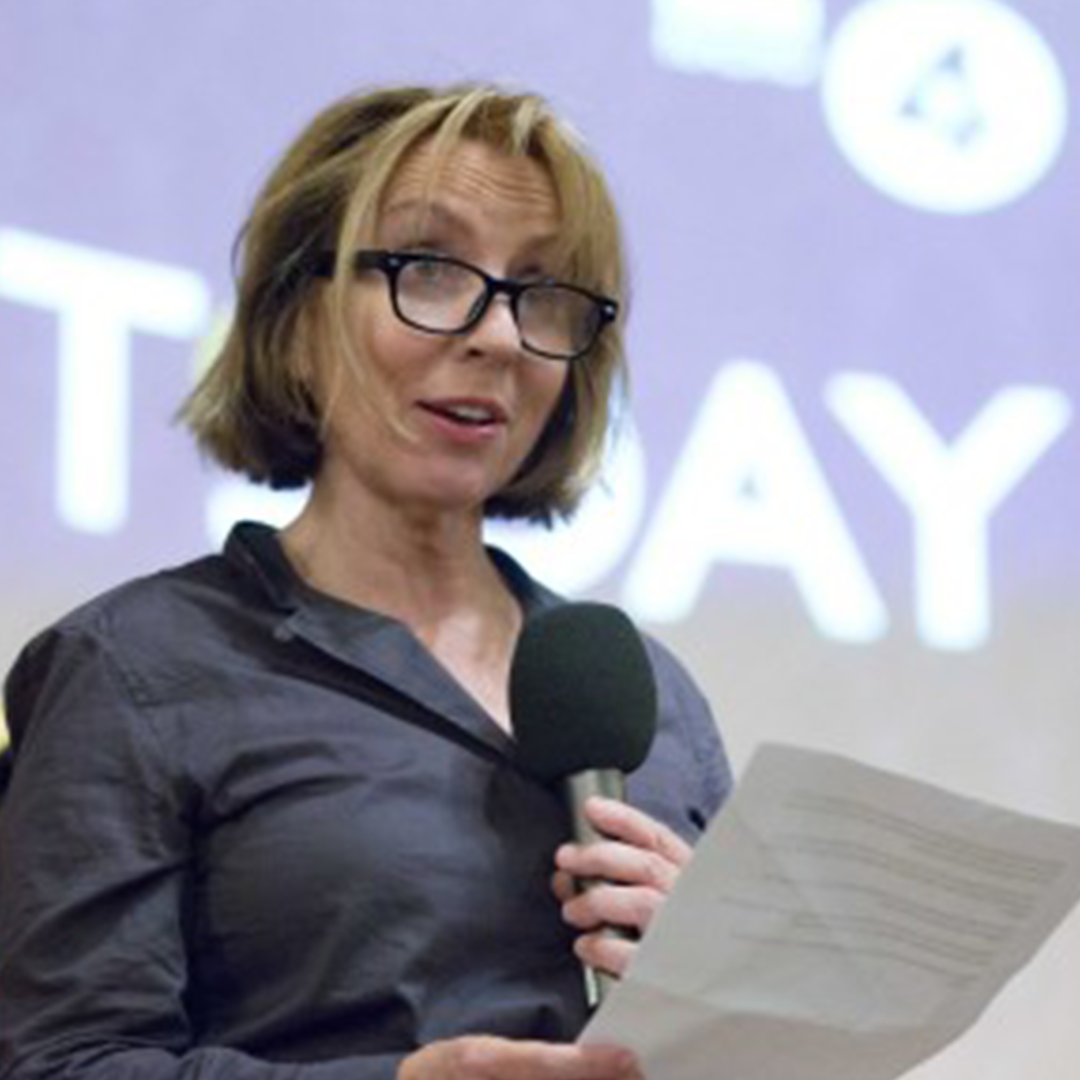7 May 2021 | Opinion, Ruth's blog
[vc_row][vc_column][vc_single_image image=”116736″ img_size=”full” add_caption=”yes”][vc_column_text]Platform or publisher?
Free speech versus hate speech?
Personal responsibility versus corporate responsibility?
What is social media for and who is responsible for what?
This week Donald Trump, the former American President, once again made international headlines. This time not for something he had said that day – but rather on whether he has the right to have a public platform on social media, and Facebook in particular.
Many of us undoubtedly have a significant problem with many of the tweets that the former President posted during his tenure. My personal politics are well known, and no one would be surprised for a second that I found Trump to be abhorrent. He does have the right however, as a citizen in a free society to be offensive and abusive (although not to incite violence – which I believe he did).
But the question at hand isn’t actually about his free speech or whether he has the right to be on social media or not. Rather the question is – what is social media? Is it a publisher of content that is legally responsible for the words and deeds of their users or is it a platform which facilitates debate (and in too many cases hate)?
Social media is a core part of many of our lives. At times of crisis, both personal and national, it can be a blessing, letting you know friends and family are safe. At its best it can and should inspire thoughtful debate and challenge the status-quo. But at its worst it can bring out the very worst in every one of us. It can incite hate, racism, misogyny, harassment, bullying and violence. It can radicalise. But is can also entertain and inform. In other words, social media and its impact is as complex as the people who use it.
Given how we all use it, it is easy to consider social media a free public space, one that we all have access to without restriction. But social media companies are exactly that – private companies – who get to decide who uses their services and how they get to use them. That doesn’t make them inherently bad, but it does mean that they have their own rationale for operation. It also means we don’t have either an intrinsic right to use or and complete free speech on them – unless they allow it.
In the months ahead I’m going to be speaking a lot about the Online Safety Bill, the legislation progressing through the British parliament regarding our online access and future regulation. There is clearly a cultural problem on social media – it can all too often be a grim place to spend time; we need to recognise that and help fix it. But not at the cost of protections for free speech, our right to debate and engage.
There needs to be space to be offended – while at the same time protecting people from hate and violence. We also need to remember that personal responsibility is relevant in this debate and no one acts with impunity.
So the challenge for all of us – is helping to make social media a better place while protecting our core rights – a balance that we must find.[/vc_column_text][/vc_column][/vc_row][vc_row][vc_column][three_column_post title=”You may also want to read” category_id=”41669″][/vc_column][/vc_row]
30 Apr 2021 | Football, News and features, United Kingdom
[vc_row][vc_column][vc_column_text]
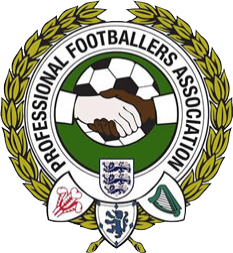 The Premier League and a coalition of football governing bodies from across the United Kingdom are set to commence a social media blackout from 30 April to 3 May to raise awareness of online racist abuse, but the initiative has raised questions over its end goal.
The Premier League and a coalition of football governing bodies from across the United Kingdom are set to commence a social media blackout from 30 April to 3 May to raise awareness of online racist abuse, but the initiative has raised questions over its end goal.
Clubs, players and governing bodies have called for implementation of the contentious Online Harms Bill (also known as the Online Safety Bill), which will impose regulation on social media companies in order to ensure they remove hateful speech online. They hope the blackout will draw awareness and support of the issue.
The legislation has been criticised as the bill will introduce several key points that a number of free expression groups, including Index, believe to be regressive and will impact on people’s free speech online.
This includes the definition of terms such as “legal but harmful”, which will classify some speech as legal offline but illegal online, meaning there would be inconsistency within the UK system of law.
The Professional Footballers Association (PFA), however, are in strong support of the bill. In a statement they said they hoped social media companies would be held “more accountable”.
“While football takes a stand, we urge the UK Government to ensure its Online Safety Bill will bring in strong legislation to make social media companies more accountable for what happens on their platforms, as discussed at the DCMS Online Abuse roundtable earlier this week,” they said. “We will not stop talking about this issue and will continue to work with the government in ensuring that the Online Safety Bill gives sufficient regulatory and supervisory powers to Ofcom. Social media companies need to be held accountable if they continue to fall short of their moral and social responsibilities to address this endemic problem.”
Index’s CEO Ruth Smeeth has questioned using the bill as a solution to targeting racism, as well as the use of a blackout.
“No one who has spent any time on social media could deny the fact that there is a real problem, with abuse, racism and misogyny,” she said. “The nature of social media platforms seems to bring out the worst in too many people and empower hate from every corner. The question is, though, how to fix it.”
“This is more than about what platforms allow on their sites, it’s about the culture that has been allowed to thrive online. We are all responsible for it, so we all need to work together to fix it as we can’t legislate for cultural change. I understand why the PFA wants to boycott social media platforms – but we saw only last year when others did the same because of antisemitism, boycotts deliver only temporary respite, the haters are still hating. We all deserve better.”
The blackout will see a period of silence on social media to symbolise clubs and governing bodies coming together against the serious issue of racism in football, though some believe the action to be counter-productive and may discourage those affected from speaking out, or removing a place for discourse where people can debate such issues.
Editor of football website These Football Times, Omar Saleem, released a statement explaining why they won’t be joining the blackout over the weekend saying clubs need to take “genuine action”, “not the weekend off”, but also called for social media companies to be held accountable.
“Silence is not the answer. I truly believe that. As a minority in football, that’s my opinion,” he said. “Racism cannot be fought by white-led social media teams suggesting we go silent for the weekend during some of the quietest times on those platforms.”
“Instead of silence, we need action. We need voices to speak louder than ever, programmes that educate and organise. We needed that societally post-George Floyd and we need it in football, too. We need clubs to take genuine action – not the weekend off.”[/vc_column_text][/vc_column][/vc_row][vc_row][vc_column][three_column_post title=”You may also like to read” category_id=”581″][/vc_column][/vc_row]
30 Apr 2021 | China, Opinion, Ruth's blog, Uncategorized
[vc_row][vc_column][vc_column_text]
“When governments collaborate with totalitarian regimes committing atrocities, they grow richer, they get faster technology. But when they slowly discover that freedom of speech is growing smaller then this wealth, this technology, is meaningless”
Ma Jian
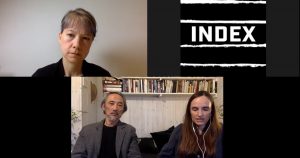 Even in the middle of a global pandemic there has been one country that has broken through the news cycle – China. The acts of the Chinese government in recent years are a true cause for global concern. From Hong Kong to Tibet, from Xinjiang to Inner Mongolia we are all witnessing the actions of an authoritarian regime, one that seemingly thinks little of human rights or of its citizens. To the outside observer the Chinese government seems more interested in quashing dissent, re-writing history and bending the rest of the world to fit its narrative, than it does on embracing core human values.
Even in the middle of a global pandemic there has been one country that has broken through the news cycle – China. The acts of the Chinese government in recent years are a true cause for global concern. From Hong Kong to Tibet, from Xinjiang to Inner Mongolia we are all witnessing the actions of an authoritarian regime, one that seemingly thinks little of human rights or of its citizens. To the outside observer the Chinese government seems more interested in quashing dissent, re-writing history and bending the rest of the world to fit its narrative, than it does on embracing core human values.
Index has written extensively over many years about the impact of this within China, the effect on media freedom, freedom of expression and freedom online. We’ve highlighted the work of incredibly brave dissidents demanding democracy in Hong Kong. We’ve featured the words of Uighur poets, the writings and musings of Ai Weiwei and the amazing work of organisations like GreatFire who every day challenge the firewall that the Chinese government has erected, restricting their citizens access to global information.
But the Chinese government is more than an authoritarian government. It is a government built on the ideology and infrastructure of the Chinese Communist Party (CCP). This year marks the centenary of the CCP and in the latest edition of Index on Censorship magazine we’ve focused on the impact of the CCP both at home and abroad. Of the many features in our special report, what is most touching, at least for me, are the beautiful words of Ma Jian, the acclaimed writer in exile. Ma Jian reflects on the impact of the CCP on his life and why he has to live in exile.
When Index on Censorship was launched, one of our founders, Stephen Spender, was adamant that it was going to be more than a frustration sheet, we were going to be a home for amazing writing that inspired and moved us. Ma Jian’s words did exactly that, which he did once again when he spoke at the launch of the magazine on Wednesday.
His personal testimony will haunt me, his words were beautiful and reminded me once again of the vital importance of our work. Please take a minute to read Ma Jian in his own words, he will inspire you.
And to enter the bank holiday on a positive note, a few more words of hope from Ma Jian.
“The CCP will one day fall because it is not in tune with the values of humanity.”
[/vc_column_text][/vc_column][/vc_row][vc_row][vc_column][three_column_post title=”You may also want to read” category_id=”41669″][/vc_column][/vc_row]
28 Apr 2021 | Magazine, Magazine Editions, Volume 50.01 Spring 2021
Author
Ma Jian is an award-winning Chinese writer. His latest novel is China Dream. His work is banned in China
Singer
Gelareh Sheibani was born in Iran and took keyboard lessons as a youngter. She found a passion for singing in her teenage years but solo singing in the country was not permitted. After the release of the video for her song Nagoo Tanhaei and the follow-up she was arrested and prosecuted. She later left the country and now lives in Turkey
Journalist
Sarah Sands is Chair of the Gender Equality Advisory Council for G7 and a board member of Index on Censorship. Sands was the former editor of BBC’s Today programme

 The Premier League and a coalition of football governing bodies from across the United Kingdom are set to commence a social media blackout from 30 April to 3 May to raise awareness of online racist abuse, but the initiative has raised questions over its end goal.
The Premier League and a coalition of football governing bodies from across the United Kingdom are set to commence a social media blackout from 30 April to 3 May to raise awareness of online racist abuse, but the initiative has raised questions over its end goal. Even in the middle of a global pandemic there has been one country that has broken through the news cycle – China. The acts of the Chinese government in recent years are a true cause for global concern. From Hong Kong to Tibet, from Xinjiang to Inner Mongolia we are all witnessing the actions of an authoritarian regime, one that seemingly thinks little of human rights or of its citizens. To the outside observer the Chinese government seems more interested in quashing dissent, re-writing history and bending the rest of the world to fit its narrative, than it does on embracing core human values.
Even in the middle of a global pandemic there has been one country that has broken through the news cycle – China. The acts of the Chinese government in recent years are a true cause for global concern. From Hong Kong to Tibet, from Xinjiang to Inner Mongolia we are all witnessing the actions of an authoritarian regime, one that seemingly thinks little of human rights or of its citizens. To the outside observer the Chinese government seems more interested in quashing dissent, re-writing history and bending the rest of the world to fit its narrative, than it does on embracing core human values.